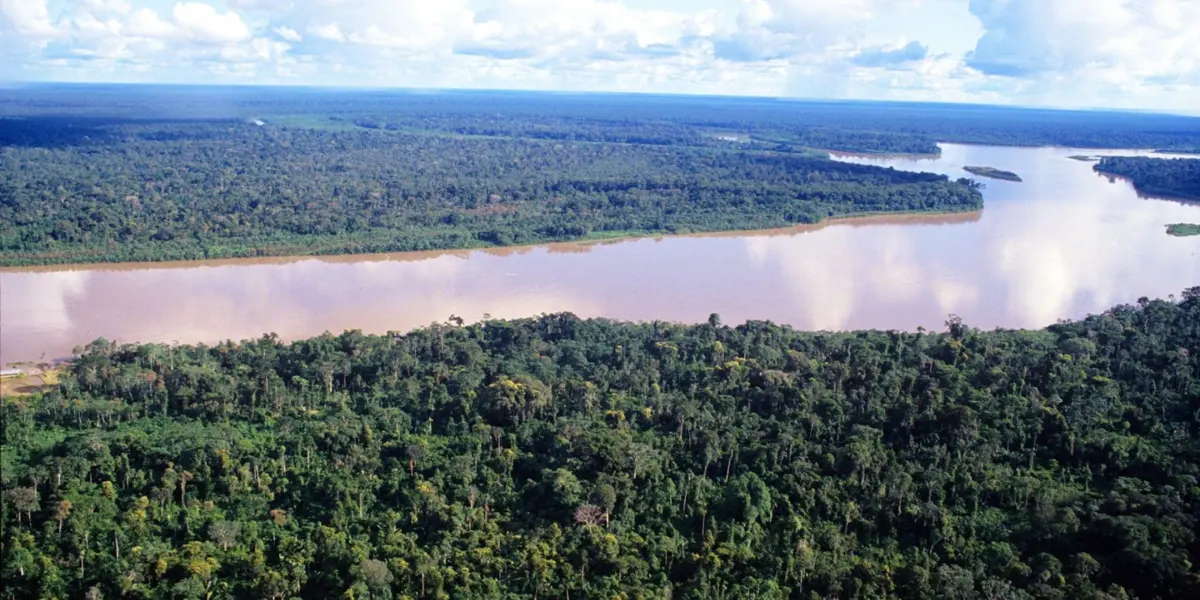Systemic collusion revealed in Peruvian forest governance: Who is responsible?


El artículo de investigación escrito por Maritza Paredes, Camila Gianella y Skarlet Olivera, Corrupting climate change institutions from within: Systemic collusion in Peruvian forest governance, addresses the persistent problem of illicit economies such as illegal logging and deforestation in Peru.
This focuses on the Ucayali region, which represents one of the Amazonian regions with the highest deforestation rates, and the challenges faced in implementing forest protection policies at the subnational level.
To provide context, at the subnational level, corruption persists due to collusion among politicians, businessmen, and bureaucrats, which hinders the effective implementation of reforms.
El informe destaca la corrupción sistémica involucrada en el blanqueo de madera ilegal a través de certificados falsos, a pesar de los esfuerzos por fortalecer las respuestas institucionales a la tala ilegal, pero también esta economía convergen con otras economías lícitas e ilícitas que producen deforestación.
The decentralization of forest governance has transferred power to subnational governments, but they have failed to effectively enforce regulations and combat deforestation. The paper argues that collusion should be seen as a systemic problem that undermines the consolidation of relevant institutions.
For example, reforms driven by international agreements, such as the Peru-United States Trade Promotion Agreement (PTPA), have improved legislation but lack a focus that considers subnational power dynamics of collusion and community participation.
Addressing the collusion between illicit economies and local political power underlying the increasing deforestation in Ucayali requires comprehensive reforms that dismantle collusion networks, strengthen social support, and empower indigenous communities.
In summary, combating corruption and deforestation in the Peruvian Amazon demands holistic strategies that address the complex political, economic, and social dynamics at both local and national levels.
The article was published by Elsevier and you can read it by clicking here.
RAZÓN SOCIAL: PONTIFICIA UNIVERSIDAD CATOLICA DEL PERU
RUC: 20155945860